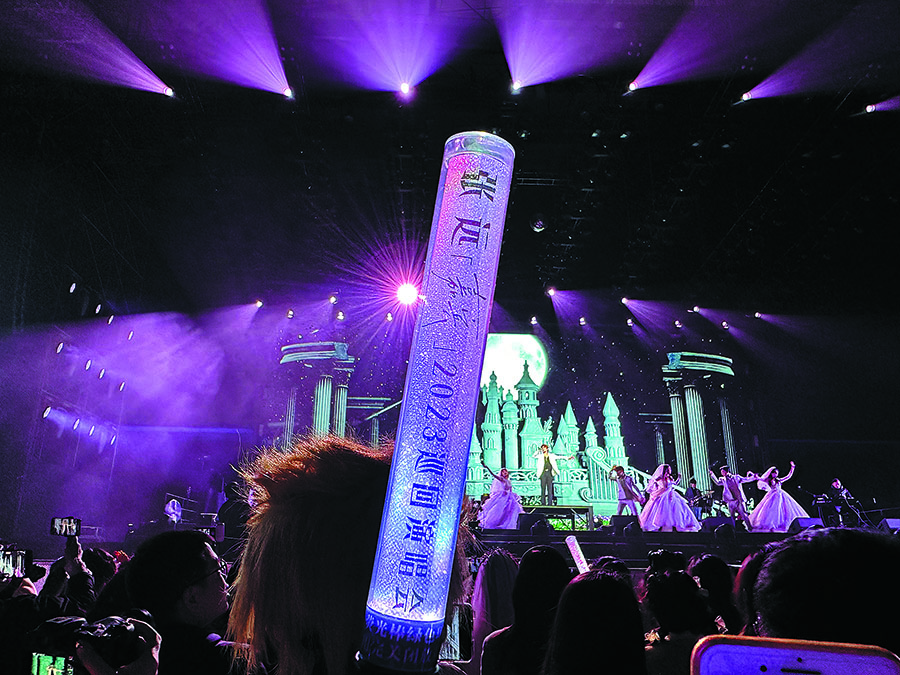

China's middle-aged music lovers changing the way interest in their idols is expressed.
In recent years, 30 to 50-somethings in China have been reshaping the nature of fandom, seeking inspiration and emotional fulfillment through music and entertainment, and challenging existing Chinese stereotypes associated with age and celebrity culture.
According to market research from Equal Ocean, an international information service provider and investment research firm, the national fan economy was expected to reach 6.4 trillion yuan ($903.8 billion) in 2023, up from 4.9 trillion yuan in 2021 and middle-aged fans account for 23 percent of spending on idol merchandise.
"Middle-aged fans are no longer sidelined, as they contribute a substantial share to the fan economy, and their spending habits are reshaping the market, creating a more diverse fan base," says Yu Hai, a sociology professor at Fudan University, adding that by embracing idols, these fans are breaking free from the confines of traditional expectations of age, creating a new space for self-expression.
Pan Huili, a fashion boutique owner from Liuzhou in the Guangxi Zhuang autonomous region, never expected to become a dedicated fan at the age of 38. However, in 2022, Zhang Yuan's emotional song Lifetime struck a chord.
"I stumbled upon a variety show featuring Zhang Yuan, and his lyrics and voice moved me deeply. I became a fan overnight," Pan says.
What began as love for Zhang's music evolved into admiration for his resilience. The 39-year-old singer first rose to fame in 2007 on the singing competition Super Boy, and later led a popular boy band, before returning as a newcomer on a 2019 idol show and regaining his popularity in 2022.Throughout his 17-year career, Zhang has faced many highs and lows but has always remained dedicated to his dream of being a singer, a sense of perseverance that deeply resonates with Pan.